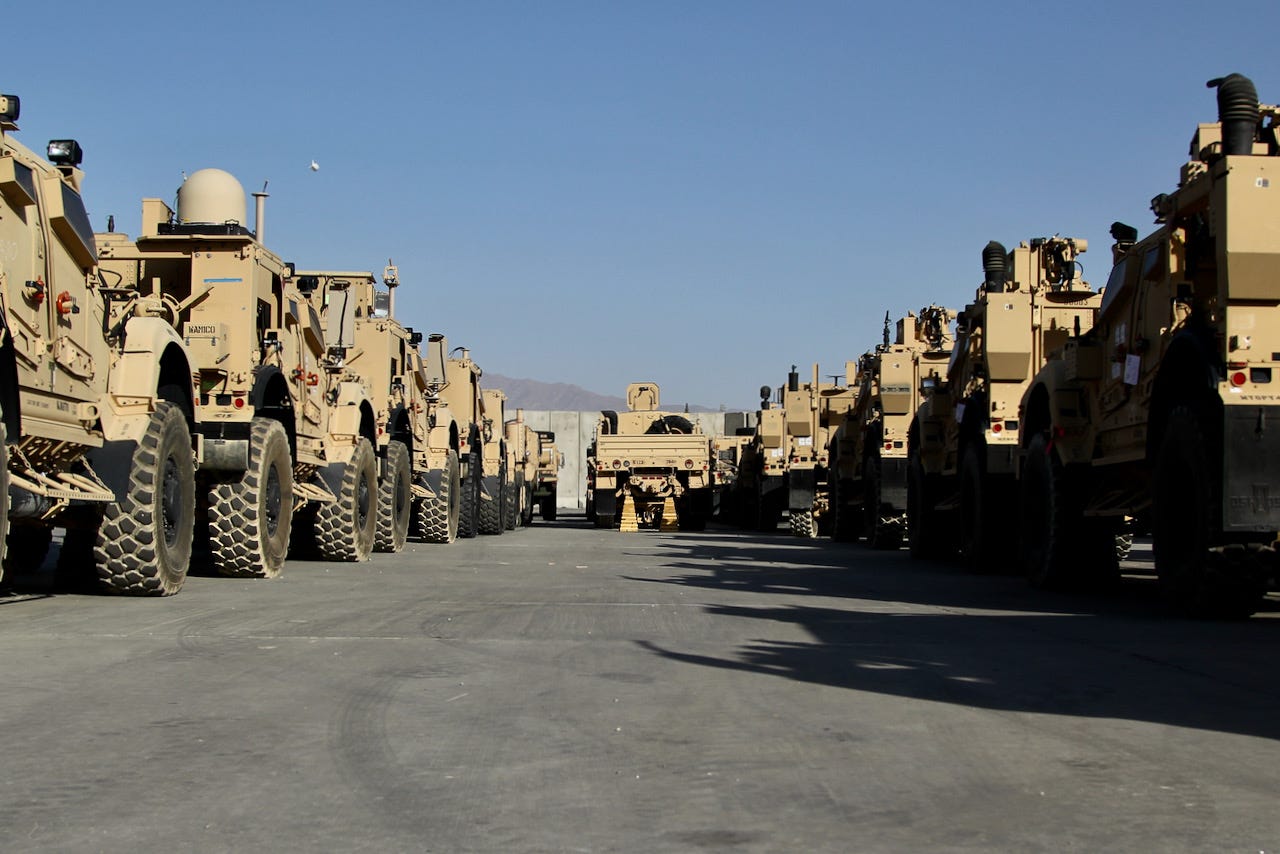14 Months Wasted
Originally published June 28, 2021
June 28, 2021
First, if you haven't already, please read my latest oped on Afghanistan--specifically the consequences of the decision by Congress to stop the purchase of Russian helicopters that Afghans had been using for decades and to switch them to unfamiliar American helicopters.
Now, this morning, the Washington Post held a live online event about the withdrawal from Afghanistan. The most disappointing thing about the discussion was the fact that moderator David Ignatius continually referred to the people of Afghanistan as "Afghani" and "Afghanis." It wasn't just an accidental slip, it was constant through the discussion.
That a veteran journalist and opinion writer such as David Ignatius could get this wrong after 20 years kind of sums it all up--America and American thought/policy leaders still don't understand Afghanistan and have been getting it wrong for two decades.
The significantly more substantive thing that bothered me about the Washington Post event was the way Ignatius framed his conversation with General David Petraeus. From the outset, Ignatius talked about Biden's withdrawal and the challenges it posed to address a number of problem sets in a short time. The two Davids discussed how the United States has to scramble to put in place long term support programs for Afghanistan to ensure the government doesn't collapse and that terrorists don't resurge.
The conversation treated it as if withdrawal from Afghanistan only became a reality in April 2021 and since then the Biden administration has been trying to put a plan together.
The question that Ignatius should have asked is: what the hell was the U.S. government doing from February 2020 until President Biden took office?
Remember, in February 2020, the Trump administration signed a deal with the Taliban that said all U.S. forces and contractors would leave Afghanistan in 14 months as long as the Taliban meets its commitments under the agreement. Let's put aside discussion about the Taliban meeting its obligations as I have discussed that elsewhere.
So, the clock started at the end of February 2020. At that time, the U.S. government should have been focused on mapping out a plan to get U.S. forces and contractors out safely, providing ongoing support to the Afghan military and government, developing "over the horizon" counterterrorism options, and providing visas to Afghan interpreters.
Not that I was privy to all the inside conversations at the Pentagon and National Security Council in 2020 and early 2021, but I certainly didn't get the sense there was an aggressive push to develop and implement a post-withdrawal plan. If anything, I felt that officials were hoping for an out of the U.S.-Taliban agreement. This is just my opinion, but I believe that officials were looking for some sort of amendment to the deal or a side agreement, or something that would not result in the full withdrawal of U.S. and coalition forces. As a result, they were dragging their heels on planning.
Hence, there has been what appears to be a scramble to figure it all out once President Biden announced that he was going to adhere to Trump's deal and remove all U.S. forces. If I were moderating discussions on Afghan withdrawal, that would be one of the first questions I would ask: What were the DoD, NSC, CIA, and others doing in 2020 to plan for withdrawal and post-withdrawal contingencies? Why does it seem now that no one had a plan to address critical U.S. interests? Who is to blame, and what needs to be done to prevent this kind of failure in the future?
The Washington Post event was a missed opportunity to ask some of those questions. I'm hoping that my former colleagues at the DoD Office of Inspector General will look into it.

